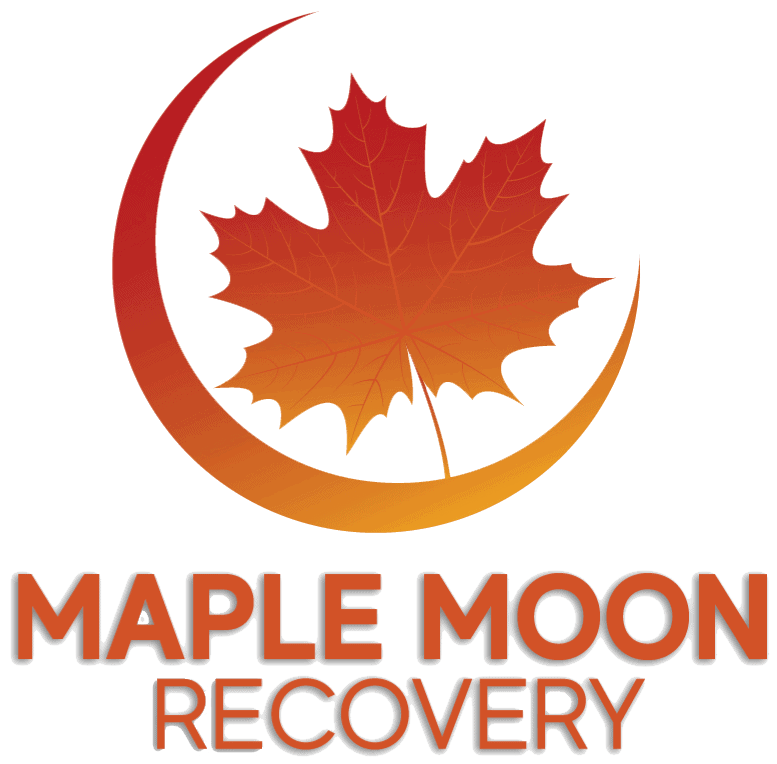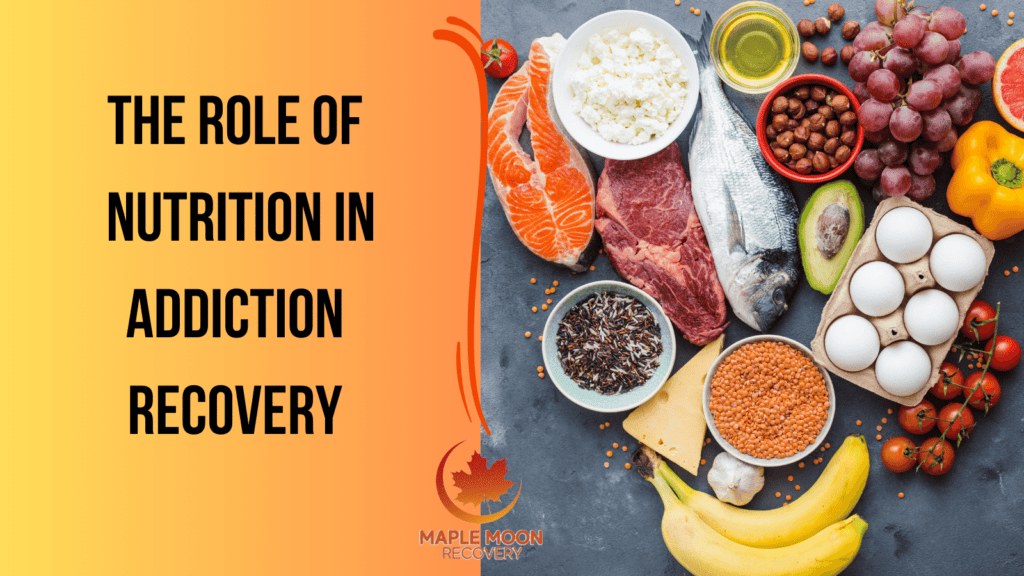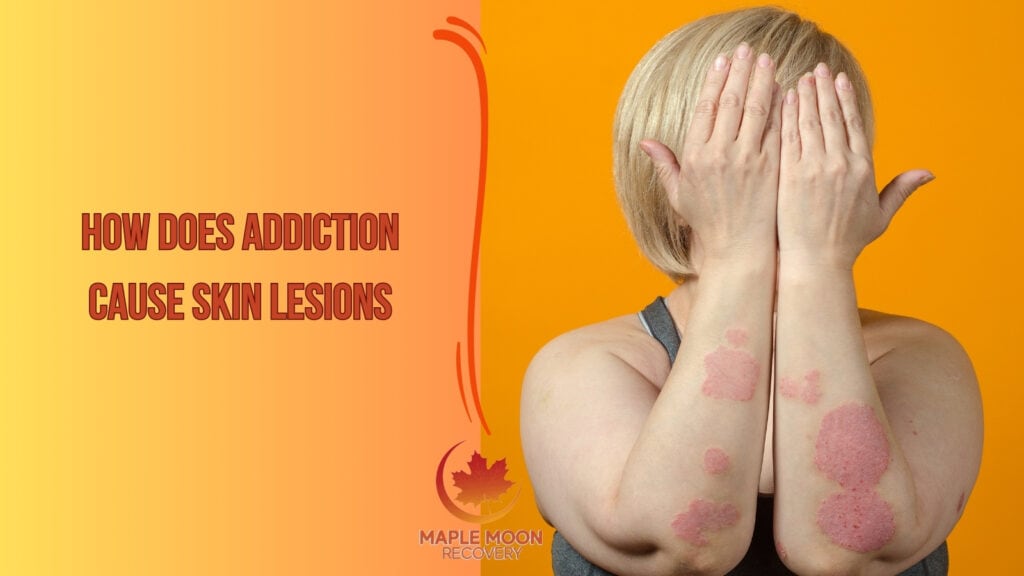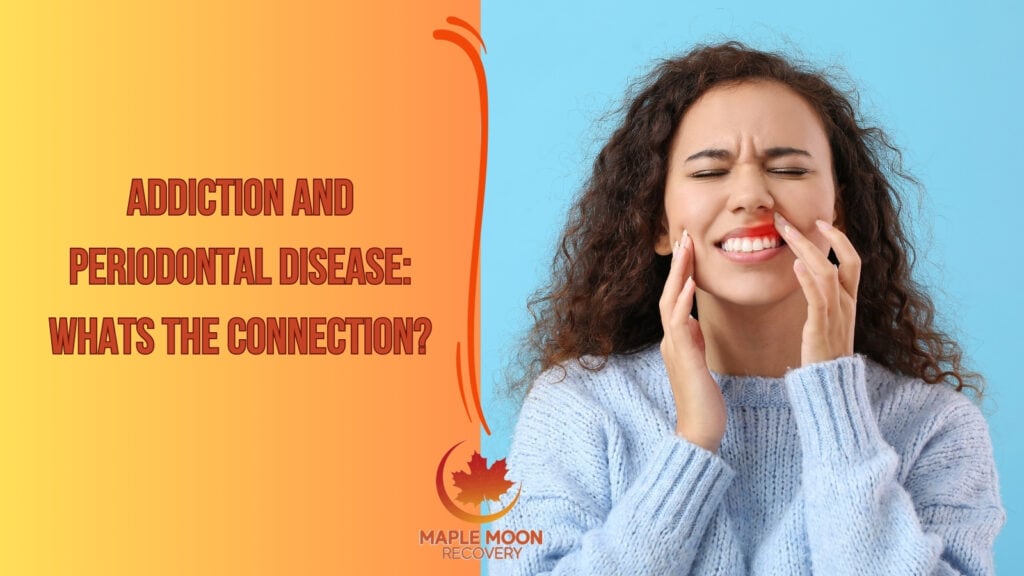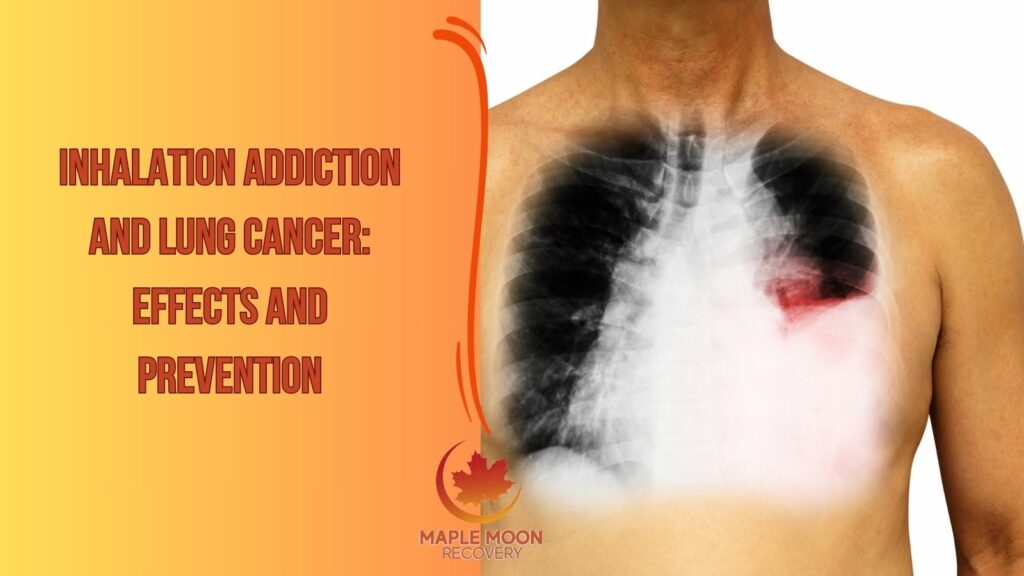The journey towards addiction recovery is a complex and challenging one, where the role of nutrition emerges as a pivotal yet often overlooked element. According to the 2022 National Survey on Drug Use and Health Data, released by the U.S. Department of Health & Human Services (HHS) and (SAMHSA) 48.7 million people aged 12 or older, were identified as having a substance use disorder (SUD). This figure includes 29.5 million individuals with an alcohol use disorder (AUD), 27.2 million with a drug use disorder (DUD), and 8.0 million who had both alcohol and drug use disorder.
With growing concern as addiction numbers continue to rise, the role of nutrition in recovery is gaining unprecedented attention. The significant impact of dietary habits on the recovery process, extends beyond basic sustenance; it involves understanding and addressing the unique dietary needs that arise during this critical phase.
The intricate relationship between a balanced diet and effective recovery underscores a holistic approach to addiction treatment, where nurturing the body plays a key role in supporting overall health and well-being. There are many ways in which targeted nutritional strategies can contribute to a more comprehensive and successful recovery journey.
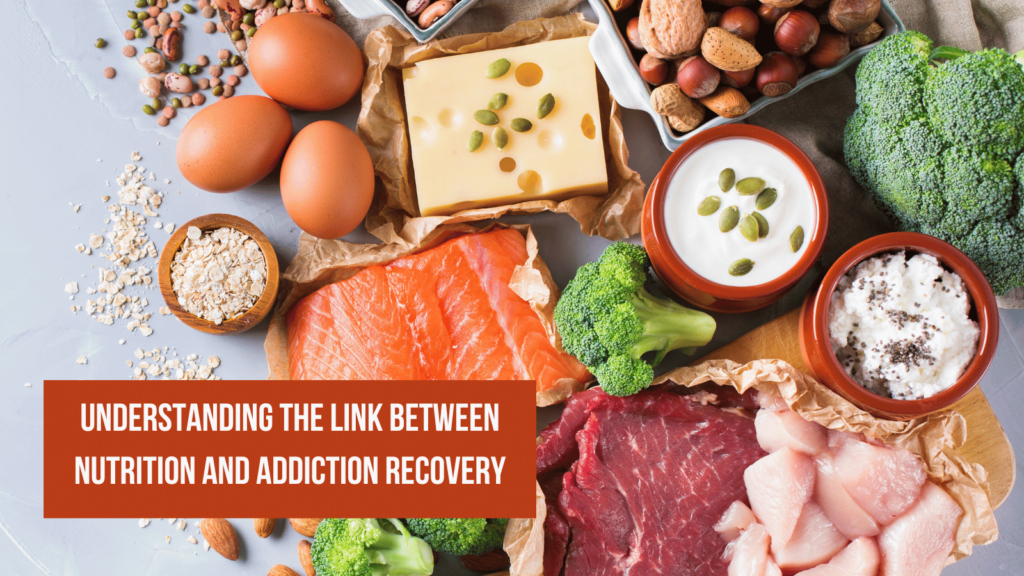
Understanding the Link Between Nutrition and Addiction Recovery
Understanding the link between nutrition and addiction recovery is fundamental, as it explains how dietary habits can significantly affect the healing process. When an individual struggles with addiction, their nutritional status often deteriorates, leading to deficiencies that can exacerbate physical and mental health issues.
Proper nutrition during recovery helps to repair the body, replenish essential nutrients, and improve mental health. It’s not just about eating well; it’s about strategic nutrition that targets specific deficiencies commonly seen in addiction. This approach supports detoxification, strengthens the body’s resilience, and can even affect mood and behavior, all of which are vital in the journey towards lasting recovery.
What are the Nutritional Deficiencies in Addiction?
Nutritional deficiencies are a common challenge in individuals facing addiction. These deficiencies can range from inadequate intake of vitamins and minerals to more severe conditions like protein-energy malnutrition. Commonly seen deficits include:
- B Vitamins: Commonly depleted, especially B1 (thiamine), B6, and B12, leading to issues like anemia and neurological problems.
- Vitamin D: Deficiency is frequent due to limited sun exposure and poor diet, affecting bone health and immune function.
- Iron: Essential for blood health, iron deficiency can lead to anemia, fatigue, and weakened immunity.
- Omega-3 Fatty Acids: Crucial for brain health, a deficiency can impact cognitive function and mood.
- Protein-Energy Malnutrition: Often seen in severe addiction cases, leading to muscle wasting and weakened physical health.
Addressing these nutritional deficiencies is vital for rehabilitation, as they can aggravate the symptoms of withdrawal and hinder the recovery process. Proper nutrition helps in restoring physical health, improving mental well-being, and bolstering the body’s ability to heal from the effects of addiction.
How to Balance Your Diet for Effective Addiction Recovery
To further balance your diet for effective addiction recovery, consider these additional aspects:
- Focus on Quality Proteins: Include lean meats, fish, beans, and legumes to support tissue repair and neurotransmitter production.
- Healthy Fats: Integrate sources of omega-3 and omega-6 fatty acids, like avocados, nuts, and olive oil, to aid brain health.
- Complex Carbohydrates: Opt for whole grains over refined carbs to maintain steady energy levels and mood.
- Avoid Processed Foods: Minimize intake of processed and fast foods, which can exacerbate health issues and cravings.
- Collaborate with Nutritionists: Work with a professional for personalized advice, especially if you have specific health conditions or dietary restrictions.
A comprehensive and well-planned diet is instrumental in supporting the body and mind during addiction recovery, promoting overall well-being and aiding in the journey to sobriety.
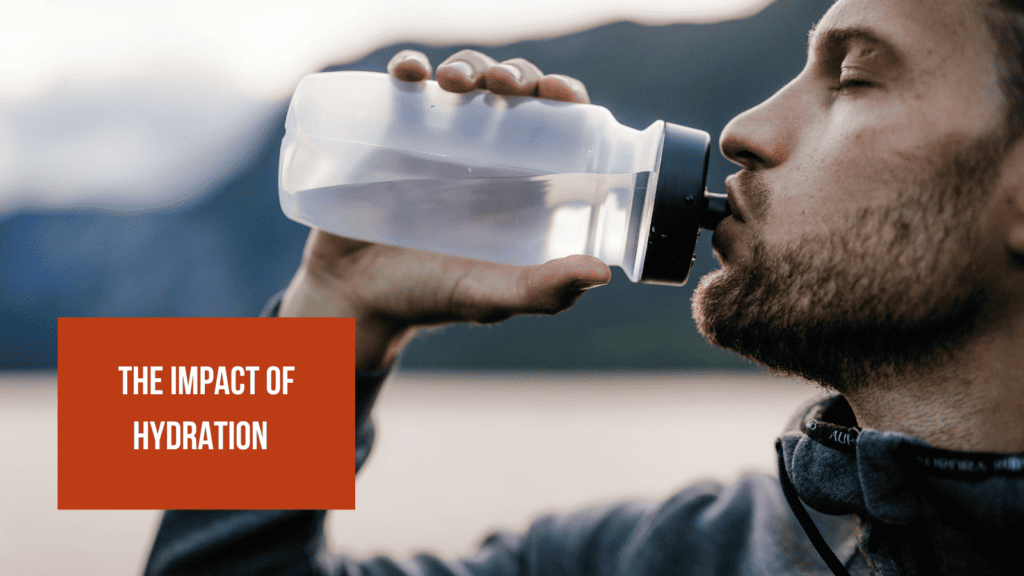
The Impact of Hydration on Recovery from Substance Abuse
Hydration plays a vital role in recovery from substance abuse. Adequate water intake is crucial for various bodily functions, including detoxification, nutrient absorption, and maintaining cognitive function. Substance abuse often leads to dehydration, which can exacerbate withdrawal symptoms and hinder the body’s ability to recover.
Staying hydrated helps in flushing out toxins, reducing the severity of withdrawal symptoms, and promoting overall physical and mental health. It’s recommended for individuals in recovery to regularly consume water and hydrating fluids, avoid excessive caffeine, and monitor hydration levels, especially during detoxification phases. This simple yet effective practice supports the body’s natural healing processes during recovery from substance abuse.
Superfoods That Aid in Addiction Recovery: What You Need to Know
Superfoods play a vital role in addiction recovery, offering a range of benefits for both the body and mind. These superfoods can be an exciting and creative addition to a recovery diet:
- High Antioxidant Foods: Berries like blueberries, strawberries, raspberries, and blackberries are rich in antioxidants, vitamin C, and fiber, helping to reduce inflammation and stress caused by withdrawals.
- Immune-Boosting Foods: Citrus fruits such as grapefruits, oranges, tangerines, lemons, and limes are excellent for repairing and strengthening the immune system, owing to their high levels of vitamin C and zinc.
- Probiotic-Rich Foods: Foods like sauerkraut, kimchi, kombucha, Greek yogurt, and kefir are essential for maintaining a healthy gut microbiome, vital for overall health.
- Liver-Cleansing Foods: Garlic, beets, lemons, broccoli, cauliflower, and Brussels sprouts support liver function, crucial for those recovering from alcohol addiction.
- Natural, Healthy Fats: Avocados, butter and ghee, coconut oil, extra virgin olive oil, salmon, sardines, flax seeds, eggs, grass-fed beef, and full-fat dairy provide necessary fats for brain and heart function.
The Role of Gut Health in Overcoming Substance Abuse
The role of gut health in overcoming substance abuse is increasingly recognized as a critical factor in the recovery process. The gut-brain axis, the bidirectional communication between the gastrointestinal system and the brain, plays a significant role in mental health and can be profoundly affected by substance abuse. Here are key aspects of how gut health impacts recovery:
- Mood Regulation: The gut microbiome produces neurotransmitters like serotonin, which influence mood and are often disrupted in substance abuse.
- Nutrient Absorption: A healthy gut is essential for the absorption of nutrients, which are often depleted in individuals with substance abuse disorders.
- Reduced Cravings: A balanced gut microbiome can help regulate cravings, as gut health is closely linked to dietary preferences and eating behaviors.
- Immune System Function: A significant portion of the body’s immune system is housed in the gut. Improving gut health can enhance immune response and overall well-being, crucial in recovery.
- Stress Response: The gut-brain axis plays a role in the body’s stress response. A healthy gut can help manage stress and anxiety, often triggers for substance use.
Focusing on gut health, through diet, probiotics, and lifestyle changes, can significantly support the recovery process in individuals overcoming substance abuse.

Embracing a Nutritional Lifestyle for Long-Term Recovery Success
Embracing a nutritional lifestyle for long-term recovery success involves a holistic and sustainable approach to eating that goes beyond mere diet changes. It’s about making a lifelong commitment to nourishing both the body and mind. This approach includes adopting a well-rounded diet rich in essential nutrients to support overall health and repair damage from substance abuse. Establishing consistent, healthy eating habits is crucial to stabilize metabolism and reduce cravings.
Sustainable lifestyle choices ensure that the diet is enjoyable, varied, and fits seamlessly into everyday life. Support from nutritionists and peer groups is invaluable in staying informed and motivated. By adopting this comprehensive nutritional lifestyle, individuals in recovery can significantly bolster their journey towards long-term sobriety, underpinned by robust physical and mental health.
Can Exercise Help in Better Nutrition during Addiction Recovery
Exercise can significantly aid in improving nutrition during addiction recovery. It helps regulate metabolism and appetite, both often disrupted by substance abuse. Regular exercise and physical activity is known to reduce drug cravings and withdrawal symptoms, making it easier to maintain a balanced diet.
Additionally, exercise enhances mood and sleep quality, both of which are crucial for overall well-being and can positively influence eating habits. By promoting physical health and encouraging a structured routine, exercise becomes a valuable component in the holistic recovery process, leading to better nutritional choices and overall health improvement.
Recover From Addiction at Maple Moon Recovery
If you’re ready to take a significant step towards a healthier, sober life, Maple Moon Recovery is here to guide you on your journey. Our team of experts understands the challenges of addiction recovery. We’re committed to providing personalized support and comprehensive care to help you embrace a lifestyle that aligns with your recovery goals. Reach out to Maple Moon Recovery today, and let us help you build a strong foundation for long-term recovery success. Your path to a healthier, more fulfilling life starts here. Contact us now to begin your transformation.
